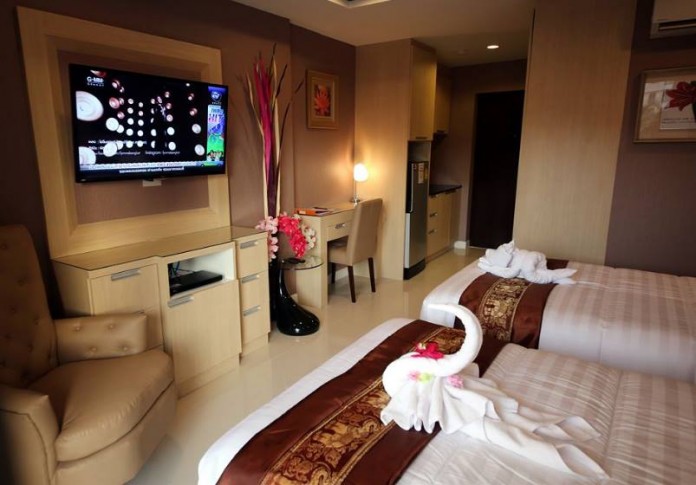
There has been a lot of talk recently about various forms of hate-selling and upselling in the airline and car-rental industries and now, as ancillary fee revenue rises in the lodging industry, some hoteliers are getting increasingly aggressive.
Consider MGM Resorts’ Mirage Las Vegas, which is now pushing Mirage Express Check-In, where for a $30 per night fee, guests can “skip the lines” of the hotel’s own making at the front desk and proceed right to an express check-in window, get their rooms as early as 10 a.m. and guarantee a room type.
Over at Wynn Las Vegas, the property’s website urges guests to join Wynn Insiders where they “get the guarantee of no hidden fees” — from Wynn Las Vegas. In other words, guests should probably brace themselves for hidden fees from the property if they choose not to join the loyalty program. Wynn just might sneak some in.
The Bellagio Las Vegas takes fee options to new heights and we’re not even talking about the $32.48 per night resort fee/taxes that comes on top of a $399 room rate. At the Bellagio, guests can pay an extra $30 per night fee to ensure they obtain three of the following previously free room options: smoking, nonsmoking, high floor, low floor, near elevator, king/king connecting, pool view, king/queen connecting, and non-connecting rooms.
If you are a smoker and don’t pay a fee for a smoking room and get assigned to a nonsmoking room and get caught smoking, then there’s a fee for that too — a $250 penalty.
At Hilton Boston Airport you can choose to pay extra USD 5 to get either a city or airport view.
Nothing is guaranteed upon arrival, but is you get what you want, the room is extra 5 dollars
A guaranteed early check-in at The Bellagio can go for $40 per night.
Yes, the U.S. hotel industry, which has been charging ancillary fees since the late 1990s, has been ramping them up.
These fees are projected to rise 6 percent in the U.S. in 2015 to $2.47 billion, according to a new study by the NYU School of Professional Studies.
Report author Bjorn Hanson, clinical professor at the school’s Tisch Center for Hospitality and Tourism, attributes the increased revenue to a 3 percent jumped in occupied rooms since 2014, new types of fees and surcharges, and higher fee amounts.
The increased readiness to charge fees in the U.S. hotel industry is hardly worth a mention, though, when considering the activities of U.S. and foreign airlines that disclose such fee revenue. They collected $38.1 billion in fees in 2014, a 21 percent increase over 2013, according to IdeaWorks Co.
To put that in context, just one airline — United Airlines — generated $5.8 billion in fee revenue in 2014, and that’s more than twice the $2.47 billion that U.S. hotels are projected to collect in fees in 2015.
























